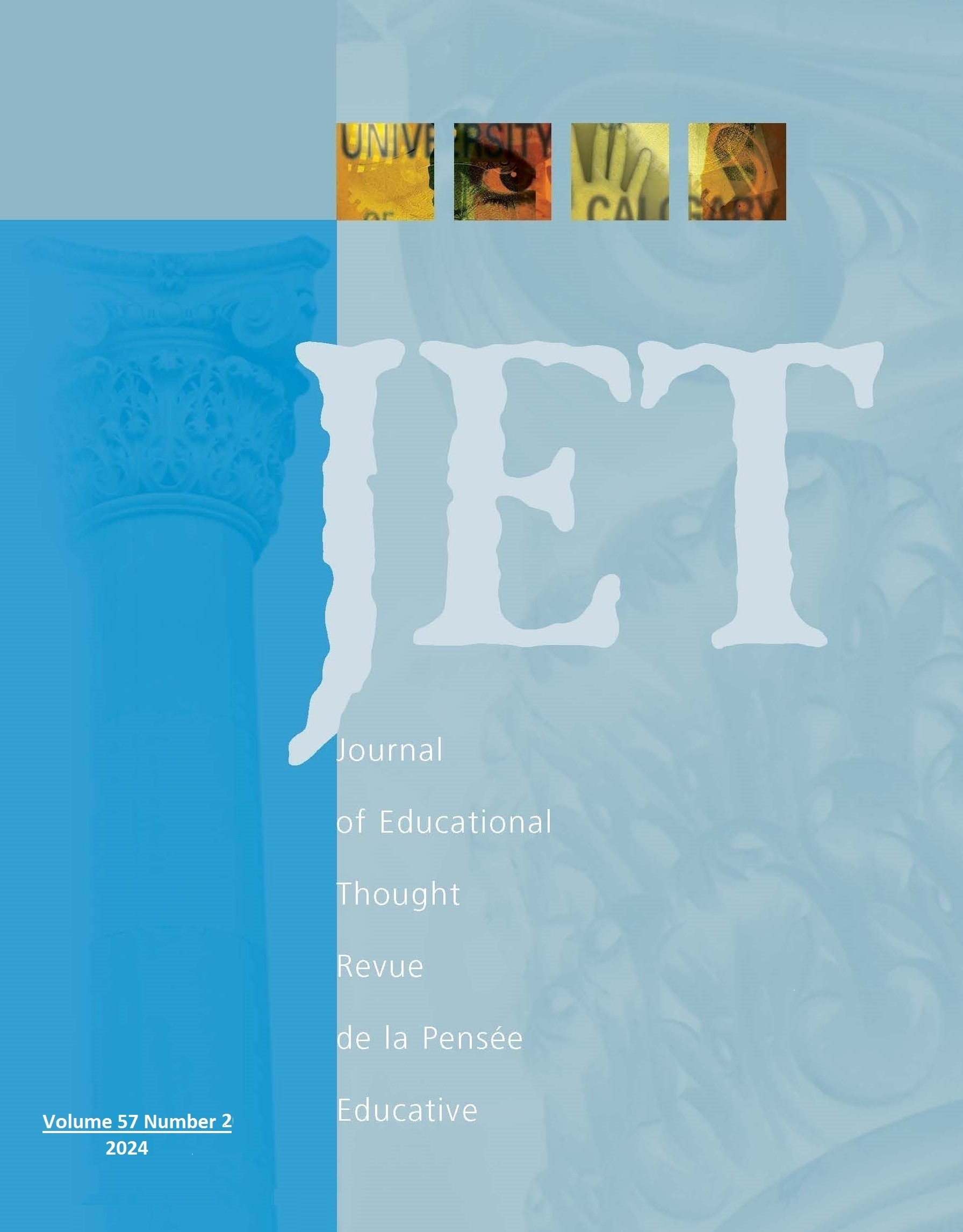Against Rubrics
DOI :
https://doi.org/10.55016/ojs/jet.v57i2.80571Résumé
Abstract: Assessment rubrics are commonly utilized tools in education designed to standardize grading and provide clarity. However, drawing inspiration from Paul Feyerabend’s critique of rigid scientific methods, this paper argues that rubrics, while useful, can impose unnecessary constraints on educational assessment. By exploring the limitations and unintended consequences of rubrics, this paper advocates for a more flexible, context-sensitive approach to evaluation that prioritizes creativity, individual differences, and the complexities of learning. Paul Feyerabend's critique of rigid methodologies and his call for epistemological anarchism provide a valuable lens through which to evaluate and potentially reform higher education programs. His emphasis on methodological diversity, the dynamic nature of education, scepticism of expert authority, and the integration of ethical considerations could help create a more robust, innovative, and socially responsible higher education. By embracing these principles, universities can better prepare students to navigate and lead in an increasingly complex and interconnected world.
Téléchargements
Publié-e
Numéro
Rubrique
Licence
The Journal of Educational Thought retains first publication rights for all articles. The Journal grants reproduction rights for noncommercial educational purposes with the provision that full acknowledgement of the work’s source be noted on each copy. The Journal will redirect to the appropriate authors any inquiries for further commercial publication of individual articles. All authors wishing to publish in JET will be asked to fill in and sign a Consent to Publish and Transfer of Copyright agreement.
Authors must affirm that any submission to JET has not been and will not be published or submitted elsewhere while under considration by JET.

